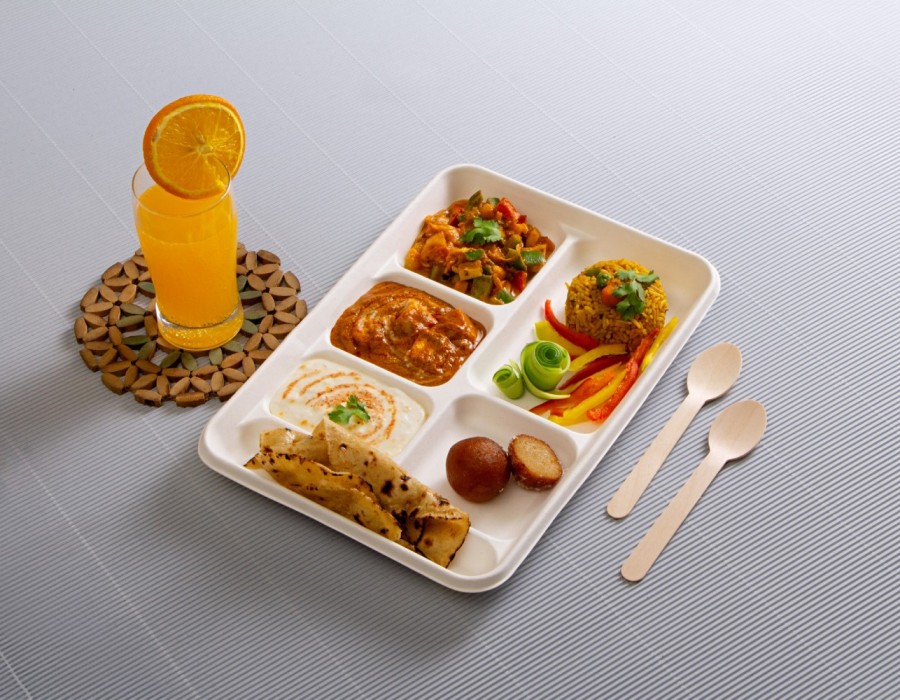Introduction
As the demand for sustainability grows, event organizers are increasingly adopting eco-friendly practices to minimize their environmental impact. One key aspect of achieving zero-waste events is the choice of tableware. Bagasse plates, made from the fibrous residue left after sugarcane juice extraction, offer an eco-conscious solution that aligns perfectly with zero-waste goals. Their compostable nature, durability, and practicality make them an ideal choice for events seeking to reduce waste while maintaining a high standard of service.
A Sustainable Alternative to Single-Use Plastics
One of the main challenges of organizing zero-waste events is the elimination of single-use plastics, which are commonly used in disposable plates, cutlery, and cups. Bagasse plates provide a sustainable alternative, as they are biodegradable and compostable. Unlike plastic plates that can take hundreds of years to break down, bagasse plates decompose naturally within a few months under proper composting conditions. This makes them an excellent choice for events aiming to minimize landfill waste and promote environmentally friendly practices.
Compostability: Closing the Waste Loop
A key principle of zero-waste events is to ensure that all materials used can either be reused, recycled, or composted. Bagasse plates fit seamlessly into this model by offering an easy composting solution. After use, these plates can be collected and composted along with food scraps and other organic waste. Within a short period, they decompose into nutrient-rich compost, which can then be used to enrich soil. This process not only diverts waste from landfills but also closes the waste loop, turning discarded plates into valuable resources for agriculture and gardening.
Durability and Practicality for Large Events
While sustainability is a priority, practicality is equally important for event organizers. Bagasse plates offer the durability required for large-scale gatherings, as they are sturdy enough to hold hot and cold food without warping or breaking. Their resistance to moisture and grease makes them suitable for a wide range of cuisines and dining settings, from casual picnics to formal catered events. This balance of durability and eco-friendliness ensures that organizers do not have to compromise on the quality of service while striving for zero waste.
Enhancing the Event's Green Credentials
Incorporating bagasse plates into an event’s operations not only supports zero-waste goals but also enhances the event’s green credentials. Attendees today are increasingly eco-conscious, and many expect event organizers to prioritize sustainability. By using compostable tableware like bagasse plates, organizers can showcase their commitment to the environment, which can attract more eco-minded participants and sponsors. Moreover, such actions contribute to raising awareness about the importance of sustainable choices, encouraging attendees to adopt similar practices in their daily lives.
Conclusion: A Step Toward Greener Events
Bagasse plates are a powerful tool for achieving zero-waste events, offering an effective solution to reduce plastic waste and promote sustainability. Their compostability, durability, and practical design make them a perfect fit for a wide range of events, from small gatherings to large festivals. By adopting bagasse plates, event organizers not only contribute to waste reduction but also send a strong message about the importance of environmental responsibility. In the broader context of sustainable event planning, bagasse plates are a simple yet impactful step toward a greener future.





Comments